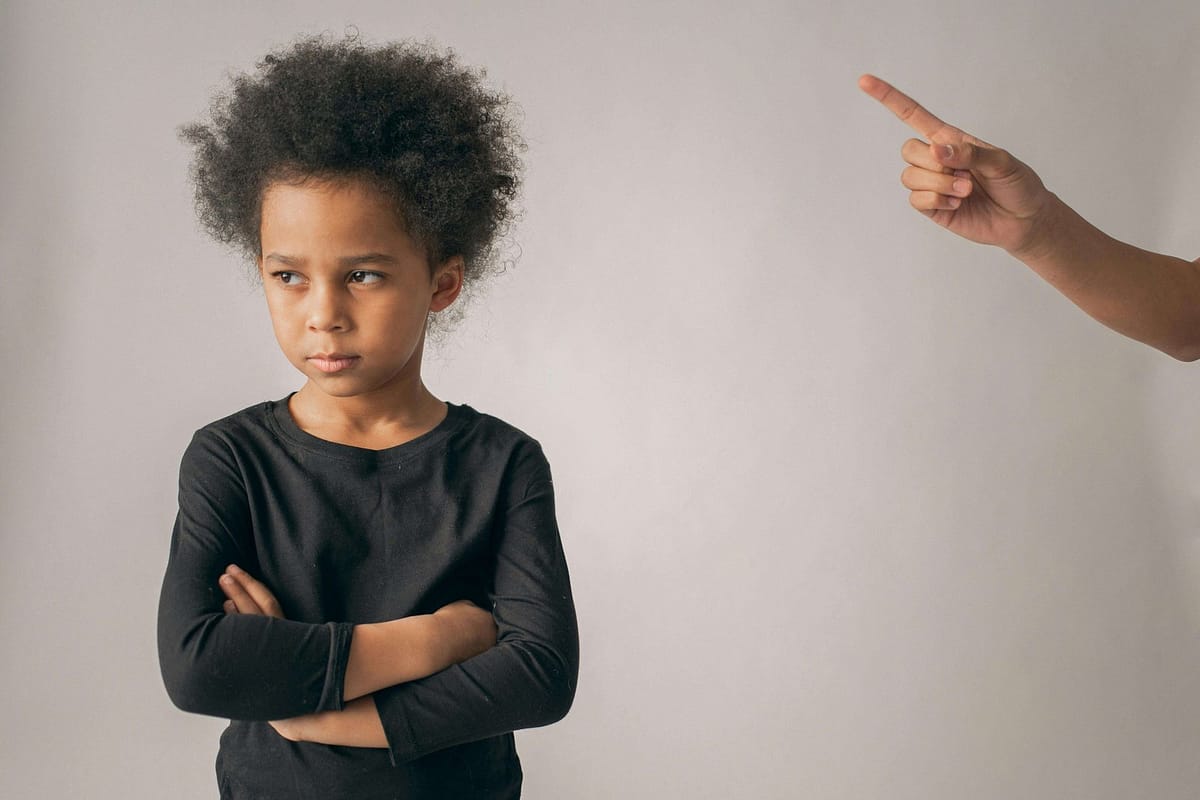Parenting is one of a person’s most complex and fulfilling roles. We all want to be the best parents, but with so much conflicting advice, it can be hard to know what “good parenting” means.
In this post, I won’t offer a magical formula or one-size-fits-all solution. Instead, I’ll share insights based on my experiences as a parent, observations from raising my children, and some fundamental principles from experts in the field.
Let’s Define Our Terms
- Good parenting: Parenting styles that foster a child’s healthy development—physically, emotionally, socially, and intellectually. It involves building strong bonds, nurturing self-esteem, and guiding children as they grow and learn.
- Bad parenting is parenting styles that harm or hinder a child’s development. It may involve neglect, abuse, excessive control, or a lack of love and support.
What is Good Parenting?

Good parenting isn’t about perfection. It’s about a loving, supportive, nurturing environment that helps children reach their full potential. Here are some hallmarks of good parenting:
- Warmth and Responsiveness: Children need love, affection, and security. Being emotionally available, responsive to their needs, and showing consistent love helps foster a strong bond.
- Consistent Discipline: Good parents provide structure, rules, and clear boundaries. They use positive discipline techniques that teach children responsibility and self-control rather than relying on harsh punishments.
- Respect and Encouragement: Treating children with respect, listening to their opinions, and encouraging their passions helps them develop healthy self-esteem and confidence.
- Age-Appropriate Expectations: Good parents set realistic goals for their children and recognize their stages of development. They offer support and guidance without overwhelming them.
- Open Communication: Honest, clear communication builds trust and respect. Good parents encourage children to share their thoughts and feelings while actively listening without judgment.
- Role Modeling: Children learn by imitating their parents. Demonstrating kindness, responsibility, healthy coping mechanisms, and respect towards others speaks louder than words.
Signs of Bad Parenting

While all parents make mistakes, some parenting patterns are consistently harmful to children’s development:
- Physical or Emotional Abuse: Any form of violence, neglect, or intentionally causing emotional harm is unacceptable and has severe consequences for a child’s well-being.
- Authoritarian or Permissive Parenting: Extremes in parenting don’t provide a healthy balance. Authoritarian parenting is overly strict and leaves little room for choice, while overly permissive parenting offers too few boundaries, leading to a lack of self-regulation in children.
- Constant Criticism and Negativity: Putting children down, shaming them, or constantly focusing on their failures undermines their confidence and sense of worth.
- Favoritism and Comparison: Comparing children to siblings or others creates resentment and damages self-esteem. Each child deserves to feel loved and valued for their unique qualities.
- Overprotection: While it’s natural to want to protect children, shielding them from all challenges hinders their ability to develop resilience and problem-solving skills.
The Long-Term Impact

Parenting styles profoundly shape a child’s development and can have lasting effects into adulthood. Good parenting supports a child’s social, emotional, and cognitive development, while bad parenting can lead to difficulties, including:
- Low self-esteem
- Behavioral problems
- Mental health issues like anxiety or depression
- Difficulty with relationships
The Importance of Self-Reflection
As parents, we’re all learning on the job. It’s essential to be honest with ourselves about our strengths and weaknesses. I find it helpful to ask myself regularly:
- Am I giving my child enough warmth, affection, and attention?
- Are the rules and expectations I set fair and age-appropriate?
- Am I listening to my child and trying to see the world from their perspective?
- Am I avoiding harmful behaviors like yelling, insults, or physical punishment?
My Personal Experience as a Parent

Parenting is the most challenging and most rewarding role I’ve ever had. As a parent, I’ve stumbled and made mistakes, but I’m always striving to learn and improve. I’ve realized that love, patience, and understanding are essential. It’s important to focus on my children’s strengths as individuals and to celebrate their efforts as much as their achievements.
Finding Support
Parenting is hard! If you’re struggling, feel free to ask for help. Here are some resources:
- Parenting classes or workshops
- Family therapy
- Online forums and support groups
- Trusted friends, family members, or mentors
Good Parenting is an Ongoing Journey
There’s no single manual for perfect parenting! Children change as they grow, and so should our approach. Stay informed, be adaptable, and always remember: the foundation of good parenting is love and a sincere desire to see your child thrive.
Please note: If you are concerned about a child’s safety or well-being, please seek professional help or contact relevant authorities.


